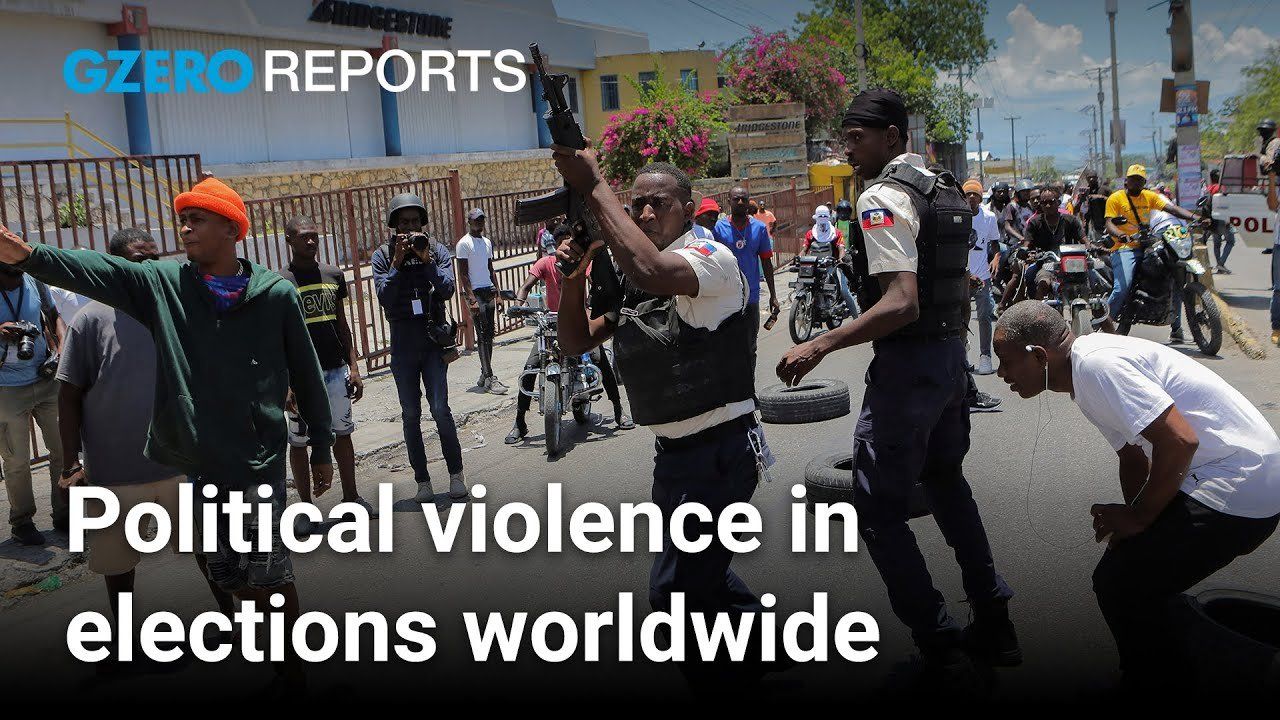
In a small town out in coal country, a lone assassin shoots a controversial populous leader. The leader miraculously survives, and his supporters blame the press and his political opponents for fomenting violence. Does that sound familiar? Months before Donald Trump was shot in Pennsylvania in the first assassination attempt of its kind in America in 40 years, Slovak Prime Minister Robert Fico took a bullet to the stomach during a visit to Central Slovakia. But Fico is just one of many leaders or high-level candidates who have been attacked in democracies around the world in recent years.
Across the democratic world, political violence and violent political language are becoming more common again as polarization deepens, viewpoints harden, and political differences start to feel like existential battles. Here in the US last year, there were more than 8,000 threats of violence against federal lawmakers alone, a tenfold increase since 2016. And as we head into the most contentious and high-stakes election in America's modern history, people are bracing for more. A poll taken just after the attempt on Trump's life showed that two-thirds of Americans think the current environment makes political violence more likely. Who is responsible for stopping this slide into violence? Is it our leaders, our media outlets, or our social media platforms? Is it ourselves? Unless things change, we will be lucky if it's another 40 years before this happens again in the US.
Watch full episode: Trump, Biden & the US election: What could be next?
Season 7 of GZERO World with Ian Bremmer, the award-winning weekly global affairs series, launches nationwide on public television stations (check local listings).
New digital episodes of GZERO World are released every Monday on YouTube. Don''t miss an episode: subscribe to GZERO's YouTube channel and turn on notifications (🔔).